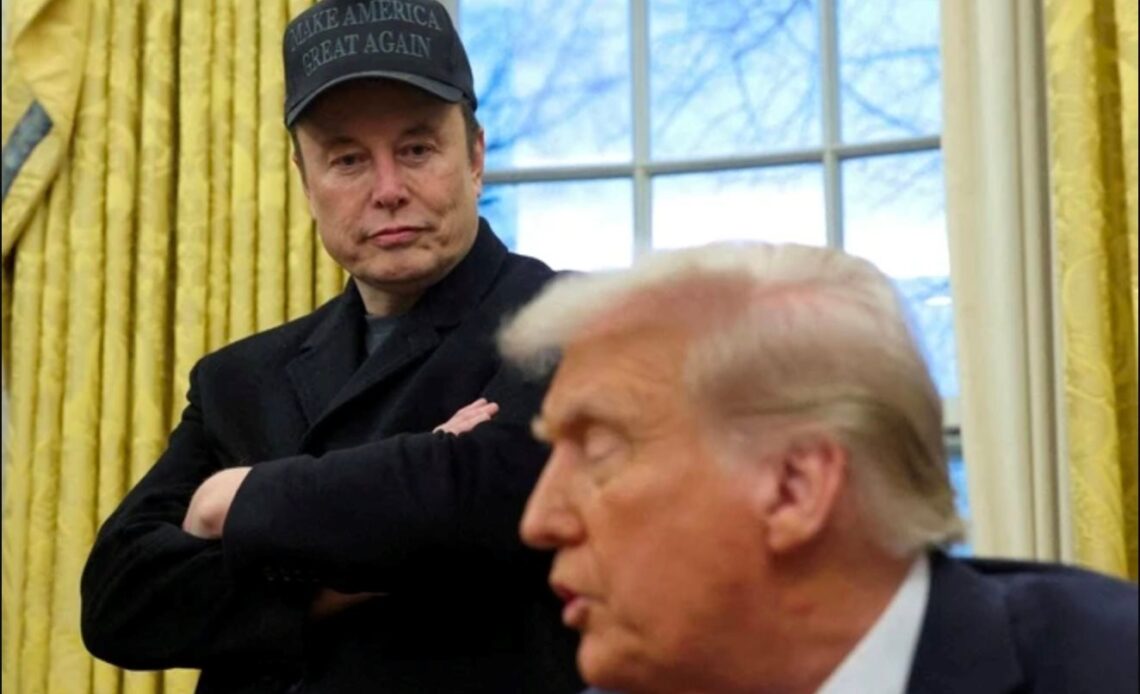As the 2024 U.S. presidential election looms closer, the political stage is once again witnessing the magnetic pull of Donald Trump, who is likely to be the Republican nominee. Alongside this comeback conversation, another prominent name has increasingly entered political discourse—Elon Musk. The South African-born billionaire, known for leading Tesla, SpaceX, X (formerly Twitter), and other groundbreaking ventures, has caught Trump’s attention more than once. This prompts the question: Does Trump really need billionaire Elon Musk in his administration?
To answer this, we must explore multiple angles—political strategy, economic influence, technological innovation, public perception, and the risks of such a partnership. This analysis unpacks the deeper implications of bringing Musk into the heart of American governance.
Trump’s Political Calculus: The Value of Star Power
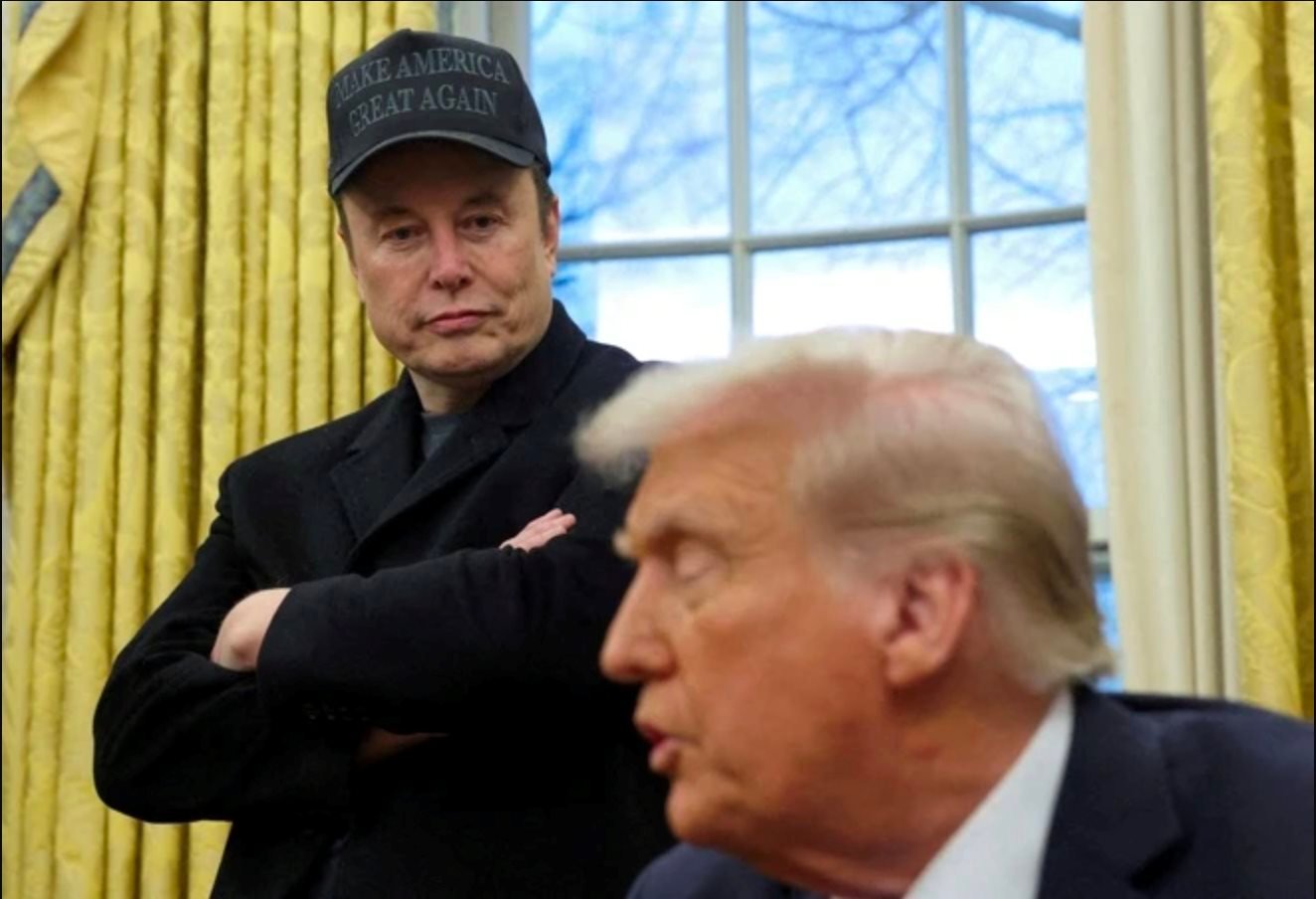
Donald Trump has never shied away from associating with powerful personalities. During his first term, his administration featured numerous high-profile businesspeople. Bringing Elon Musk into his inner circle would be a continuation of this trend.
Musk’s presence could offer a significant PR advantage. His name carries weight not only in the tech world but across mainstream media, investor communities, and global policy conversations. For Trump, known for blending politics with entertainment, Musk’s inclusion would attract enormous media attention, potentially energizing voters who admire Musk’s unapologetic, anti-establishment tone.
But the alliance wouldn’t be just about showmanship. It could also symbolize Trump’s vision of America as a business-first nation—a country driven by innovation, deregulation, and technological leadership. Aligning with Musk could send a message: “We’re putting the future in the hands of builders, not bureaucrats.”
Musk’s Appeal: Innovation Meets Ideology
Elon Musk embodies disruption. He has reshaped the automotive industry, accelerated space exploration, and championed AI development—all while clashing with regulators and media outlets. His worldview overlaps with key aspects of Trump’s conservative base: skepticism of government overreach, belief in free markets, and disdain for political correctness.
Musk’s ownership of X (formerly Twitter) has also cemented his reputation among free-speech advocates, many of whom felt that conservative voices were suppressed on mainstream platforms. Trump, whose Twitter ban was a defining moment of his post-presidency, undoubtedly recognizes Musk as an ally in the culture wars.
Moreover, Musk’s stance on energy, especially his cautious view of over-dependence on green subsidies, mirrors Republican concerns about climate policy extremism. His complex political positioning—libertarian on some issues, conservative on others—makes him a unique bridge between various factions.
Economic Strategy: Musk’s Value as a Policy Advisor
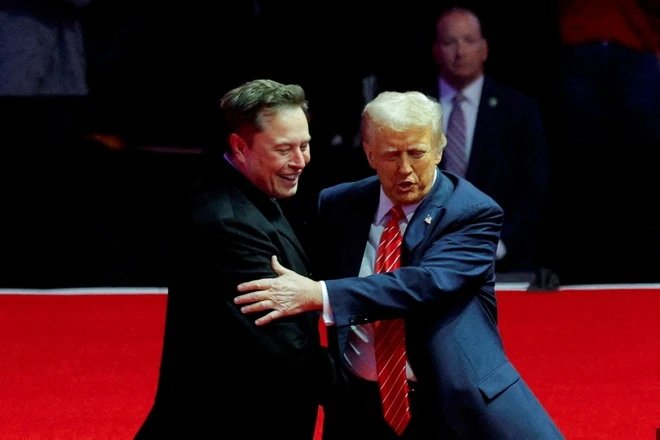
If Trump’s campaign leans heavily on promises of economic revitalization, Elon Musk could be presented as the face of that mission. As a policy advisor, Musk’s knowledge of global manufacturing, energy systems, artificial intelligence, and infrastructure could be transformative.
Consider Musk’s experience with the Gigafactories, Hyperloop concepts, and Neuralink. These ventures involve not only technological prowess but also a deep understanding of global supply chains, labor markets, and regulatory hurdles. Having Musk in the room during major economic discussions could lead to bolder, faster decision-making.
Trump’s emphasis on “America First” economics—bringing jobs home, reducing foreign dependence, and outcompeting China—could benefit from Musk’s insights. The Tesla CEO has dealt with Chinese markets, European regulators, and American unions. He knows how to win in hostile environments.
Foreign Policy and Space: A New Frontier
Elon Musk’s leadership of SpaceX is not just about rockets. It touches on national security, global surveillance, communications infrastructure, and even warfare. The Pentagon has already partnered with SpaceX for satellite launches and Starlink deployments.
In a second Trump term, there’s potential to deepen these ties. As America enters a new era of space competition—with China and Russia making rapid strides—having Musk in a senior advisory or collaborative role could redefine defense and exploration strategies.
Furthermore, Starlink’s utility during crises (e.g., Ukraine’s internet access during war) highlights Musk’s strategic leverage. Integrating that capability into U.S. foreign policy or defense planning could provide Trump with tools previous presidents never had.
Challenges and Red Flags: The Musk Dilemma
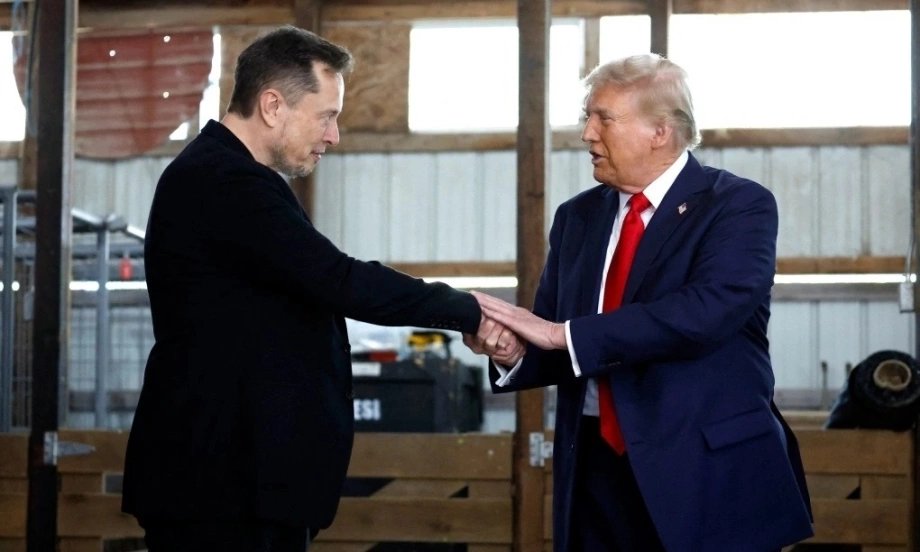
However, there are real concerns about integrating Musk into a presidential administration. First and foremost, Musk is unpredictable. His public statements—often delivered in late-night tweets—have affected stock markets, political relations, and public sentiment. Bringing such a figure into government adds risk to the administration’s stability.
Second, Musk’s business interests could present conflicts of interest. A seat at the policymaking table might give Musk the ability to steer regulations in favor of Tesla, SpaceX, Neuralink, or The Boring Company. This could trigger ethical investigations or even lawsuits, jeopardizing the administration’s credibility.
Third, Musk’s skepticism of bureaucracy could make him resistant to the very mechanisms of government. Running a tech company is not the same as running a nation. His frustration with slow-moving institutions might clash with the administrative machinery of Washington, leading to internal conflict or gridlock.
Lastly, Musk has global exposure. His ventures rely heavily on international supply chains and markets. His relationship with China, in particular, could raise national security questions. Could a person so entangled with foreign powers truly serve America’s best interest in a public role?
Public Perception and Voter Reaction
The inclusion of Elon Musk in a Trump administration would not go unnoticed by voters. For Trump’s base, it might be seen as a power move—a billionaire alliance promising innovation and disruption. But for independent and moderate voters, it might raise eyebrows. Musk’s erratic public behavior, polarizing social media presence, and sometimes controversial statements might be liabilities.
On the other hand, younger voters and tech enthusiasts might find the partnership intriguing. If positioned correctly, Musk could be cast as a visionary helping to rebuild American competitiveness. Trump might even use the alliance to pull support from demographics that typically lean Democratic.
However, this hinges on execution. If Musk’s involvement appears self-serving or chaotic, it could backfire. Voters may perceive the administration as a playground for egos rather than a functional government.
Alternative Roles: Informal Influence vs Official Position
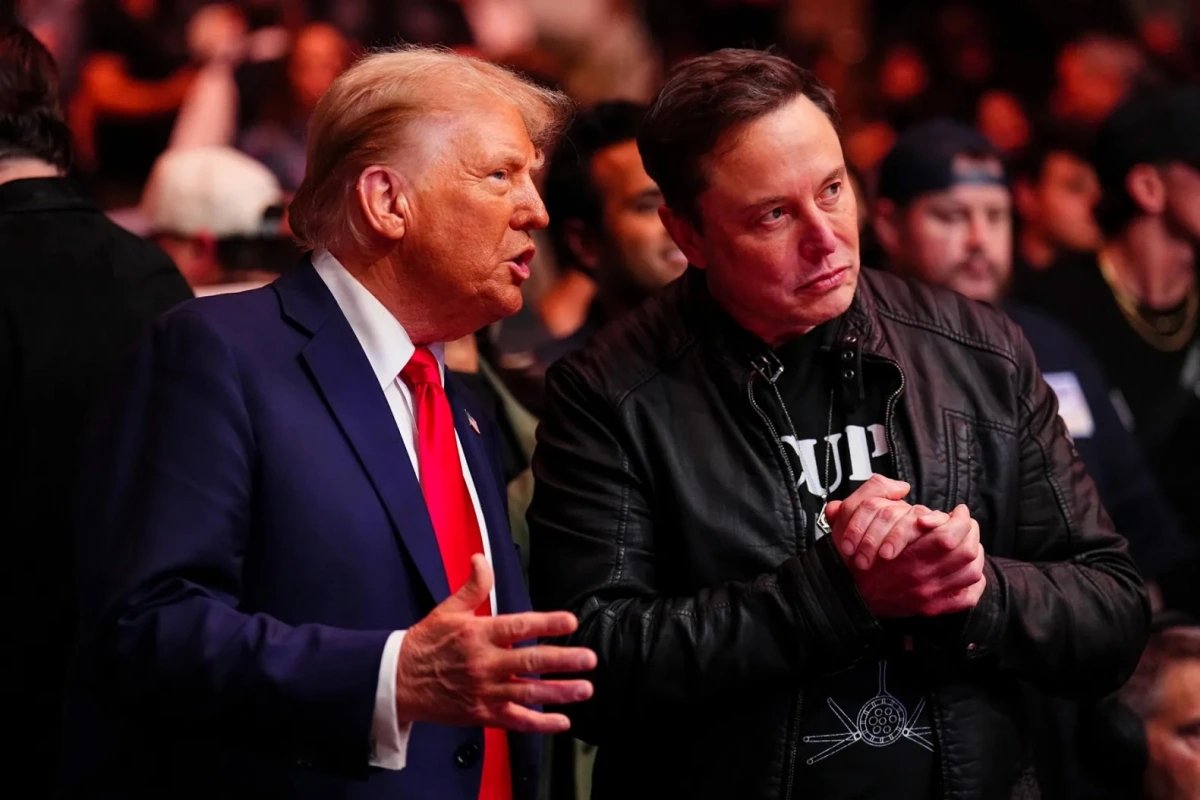
It’s possible that Trump doesn’t need Musk in a formal cabinet position at all. Instead, Musk could serve as an informal advisor, a private sector consultant, or even a special envoy for technology and innovation. This would allow Trump to tap into Musk’s expertise without exposing the administration to the baggage of official integration.
Such a role would mirror how Jared Kushner operated in Trump’s first term—an influential but unofficial problem solver. Musk could shape policy on AI, space, energy, or infrastructure from the sidelines, offering advice without getting entangled in day-to-day governance.
This setup would also give Musk plausible deniability. He could maintain his maverick brand without being tied to controversial decisions or political fallout.
The Bigger Picture: What America Needs
Ultimately, the question isn’t just whether Trump needs Musk. It’s whether America needs Musk in government. The United States faces immense challenges: a shifting global order, AI disruption, climate change, energy insecurity, and economic volatility. Can these problems be tackled without engaging the brightest minds from the private sector?
Whether it’s under Trump, Biden, or any future leader, the American government will eventually need to bridge the gap between Silicon Valley innovation and Washington policy. Musk represents that frontier. But managing his involvement—his ego, ethics, and influence—will be critical to ensuring national interests are truly served.
Conclusion: A Strategic Alliance or Risky Gamble?
So, does Trump really need billionaire Elon Musk in his administration?
Yes—if the goal is to inject bold innovation, challenge the status quo, and craft policies with cutting-edge insight. Musk’s presence could symbolize a forward-thinking, tech-driven America ready to outpace China, revitalize its economy, and redefine its place in the world.
But also no—if the administration prioritizes stability, ethical clarity, and institutional harmony. Musk is a double-edged sword: a genius with disruptive power, but also a wildcard with unpredictable consequences.
The final decision will rest not only on Trump’s political instinct but on the country’s readiness to accept a new kind of government—one that blends celebrity, capitalism, and statecraft in ways never seen before.
